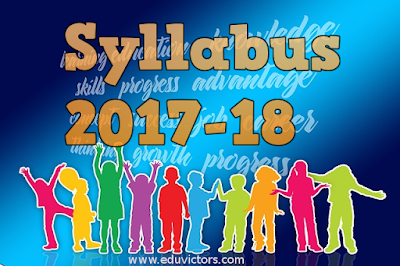Business Studies -Syllabus (2017-18)
CBSE Class 11 Business Studies
Here presents the prescribed syllabus for Class 11 Business Studies for the curriculum 2017-18.
Blog provides NCERT solutions, CBSE, NTSE, Olympiad study material, model test papers, important Questions and Answers asked in CBSE examinations. References to Educational Sites and resources.



 |
| Seven Ages Sculpture at Queen Victoria Street credits: By Lonpicman (Own work) [CC BY-SA 3.0 () or GFDL], via Wikimedia Commons |




Please turn off the ad blocker. This is only way that we can earn some penny. Please support us by trun off the ad blocker.
Thank you!!